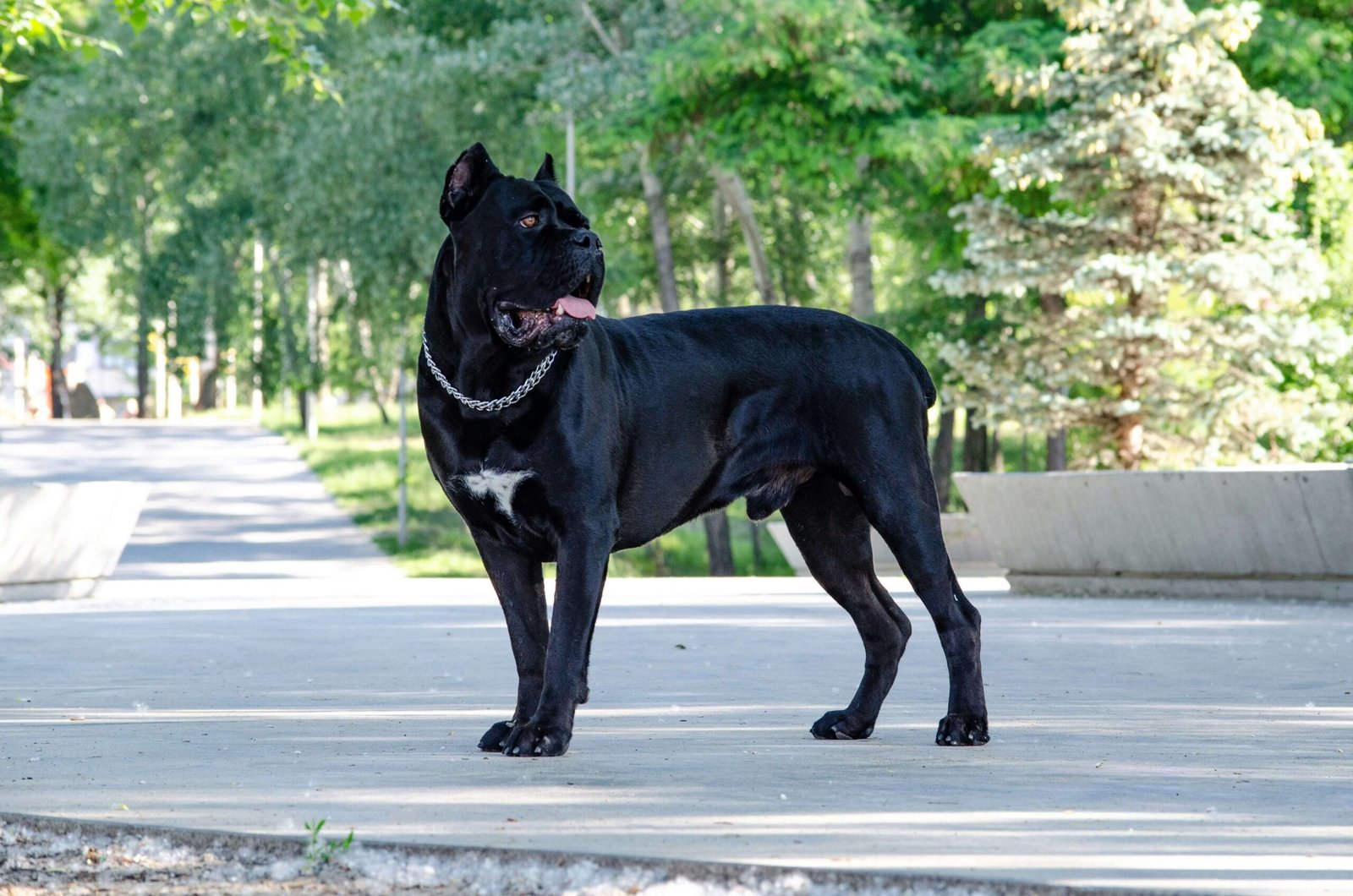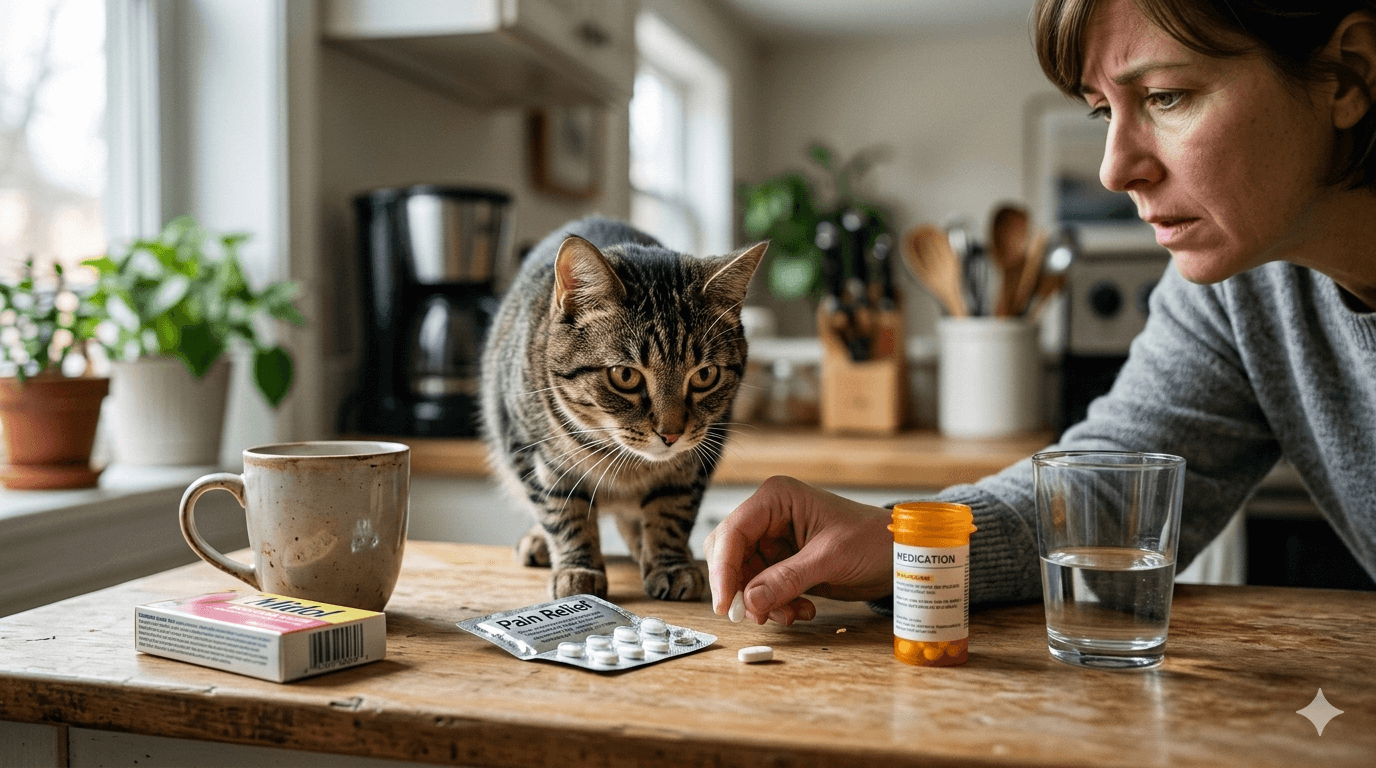Can I Give My Dog Imodium? Understanding the Risks and Benefits
As a loving pet owner, seeing your furry friend in discomfort can be heart-wrenching. Diarrhea is one of the most common issues that dogs face, and it’s natural to want to help them feel better as quickly as possible. Many people wonder, “Can I give my dog Imodium?” While this over-the-counter medication is commonly used by humans to treat diarrhea, its safety and effectiveness for dogs require careful consideration. In this blog post, we’ll explore whether giving your dog Imodium is a good idea, the potential risks involved, and alternative solutions to ensure your four-legged companion gets the care they need.
Is Imodium Safe for Dogs? Key Considerations
Before reaching for the medicine cabinet, it’s crucial to understand the factors that determine whether Imodium is safe for your dog. Not all dogs react the same way to medications, and certain health conditions or breeds may make Imodium unsafe. Here are some important points to keep in mind:
Veterinary Approval is Essential
Always consult your veterinarian before giving your dog any human medication, including Imodium.Correct Dosage Matters
Giving too much Imodium can lead to toxicity, while too little may not provide any relief.Breed-Specific Sensitivities
Certain breeds, such as Collies and Shelties, may have adverse reactions to Imodium due to genetic sensitivities.Underlying Health Conditions
If your dog has kidney or liver issues, Imodium could exacerbate their condition.Symptoms of Toxicity
Watch for signs like lethargy, vomiting, or difficulty breathing if you suspect an overdose.
Remember, what works for humans doesn’t always work for dogs. Always prioritize professional advice to ensure your dog’s safety.
Alternatives to Imodium for Treating Dog Diarrhea
If your veterinarian advises against giving your dog Imodium, don’t worry—there are plenty of safe and effective alternatives to help manage your dog’s symptoms. These options focus on soothing your dog’s digestive system naturally. Here are some suggestions:
Hydration is Key
Ensure your dog stays hydrated by offering plenty of fresh water. Dehydration can worsen diarrhea.Bland Diet
Feed your dog a bland diet of boiled chicken and rice to settle their stomach.Probiotics
Probiotic supplements designed for dogs can restore healthy gut bacteria.Pumpkin Puree
Canned pumpkin (not pumpkin pie filling) can help firm up stools due to its fiber content.Rest and Observation
Sometimes, simply letting your dog rest and monitoring their condition can lead to improvement.
By focusing on these natural remedies, you can often address your dog’s diarrhea without resorting to medications like Imodium.
Check this guide 👉Can I Give My Dog Phenobarbital 2 Hours Early? Best 7 Tips!
Check this guide 👉Can I Give My Dog Cetirizine? Best 7 Expert Tips!

Signs Your Dog Needs Immediate Veterinary Care | When You Can Monitor at Home |
|---|---|
Bloody diarrhea | Mild, occasional loose stools |
Vomiting accompanied by diarrhea | Normal energy levels |
Lethargy or weakness | Good appetite |
Signs of dehydration (dry gums, sunken eyes) | No fever or pain |
Known ingestion of toxins | Recent dietary changes |
How to Prevent Diarrhea in Dogs
Prevention is always better than cure, especially when it comes to your dog’s digestive health. By taking proactive steps, you can minimize the chances of your dog experiencing diarrhea in the first place. Here are some preventive measures you can adopt:
Stick to a Consistent Diet
Avoid frequent changes in your dog’s food, as sudden switches can upset their stomach.Avoid Feeding Table Scraps
Human food, especially fatty or spicy items, can trigger digestive issues in dogs.Keep Toxic Substances Out of Reach
Ensure medications, cleaning products, and plants toxic to dogs are stored safely.Regular Deworming and Vaccinations
Parasites and infections are common causes of diarrhea, so staying up-to-date is crucial.Provide Adequate Exercise
A healthy lifestyle with regular physical activity supports overall well-being.
By implementing these practices, you can significantly reduce the risk of diarrhea and keep your dog happy and healthy.
When to Seek Emergency Veterinary Care
While mild cases of diarrhea can often be managed at home, there are situations where immediate veterinary intervention is necessary. Knowing when to seek help can make all the difference in ensuring your dog’s recovery. Here are some scenarios that warrant emergency care:
Persistent Diarrhea Lasting More Than 48 Hours
Prolonged symptoms may indicate a more serious underlying issue.Severe Dehydration
Dry gums, sunken eyes, and lethargy are signs your dog needs urgent hydration.Accidental Medication Ingestion
If your dog accidentally consumes Imodium or another medication, contact your vet immediately.Signs of Pain or Distress
Whining, panting excessively, or refusing to move can signal severe discomfort.Sudden Collapse or Weakness
These symptoms require immediate medical attention to rule out life-threatening conditions.
In these cases, prompt action can save your dog’s life. Never hesitate to reach out to your veterinarian if you’re unsure.
Understanding the Role of Diet in Managing Dog Diarrhea
A dog’s diet plays a crucial role in maintaining their digestive health. Feeding them the right foods can prevent diarrhea and promote overall well-being. Here are some dietary tips to keep your dog’s stomach happy:
High-Quality Dog Food
Choose premium dog food that meets your pet’s nutritional needs and avoids unnecessary fillers.Limited Ingredient Diets
For dogs with sensitive stomachs, limited ingredient diets can help identify and avoid allergens.Avoid Sudden Changes
Gradually transition between foods over 7–10 days to allow their digestive system to adjust.Supplement with Fiber
Adding fiber-rich foods like sweet potatoes or green beans can support healthy digestion.Stay Away from Harmful Foods
Chocolate, onions, garlic, and grapes are toxic and should never be part of a dog’s diet.
By paying attention to what your dog eats, you can significantly reduce the risk of digestive issues and ensure they stay healthy and energetic.
Natural Remedies to Soothe Your Dog’s Digestive System
If your dog is experiencing mild diarrhea, natural remedies can often provide relief without the need for medication. These gentle solutions focus on calming their stomach and restoring balance. Consider these options:
Bone Broth
Rich in nutrients, bone broth is easy to digest and helps rehydrate your dog.Slippery Elm
This herbal supplement can coat the digestive tract and reduce irritation.Ginger Tea
A small amount of ginger tea may help settle an upset stomach.Coconut Oil
Adding a teaspoon of coconut oil to their food can have antimicrobial benefits.Hydrolyzed Protein Treats
These treats are easier to digest and can help during recovery periods.
Natural remedies can be a safe and effective way to address mild digestive issues while avoiding harsh chemicals or medications.
Signs That Your Dog’s Diarrhea May Be Serious
While occasional diarrhea is common, certain signs indicate that your dog’s condition may require immediate veterinary attention. Recognizing these red flags can help you act quickly and potentially save your dog’s life. Keep an eye out for:
Frequent Bowel Movements
More than three episodes of diarrhea in a single day is cause for concern.Black or Tarry Stools
This could indicate internal bleeding and should not be ignored.Loss of Appetite
Refusing to eat for more than 24 hours is a warning sign of underlying issues.Abdominal Pain
Swollen or tender abdomen may suggest a blockage or infection.Pale Gums
Pale or white gums can signal anemia or severe dehydration.
If you notice any of these symptoms, it’s essential to contact your veterinarian promptly. Early intervention can make all the difference in treating serious conditions.
Frequently Asked Questions About Giving Dogs Imodium
Can I give my dog Imodium for diarrhea?
While Imodium may be safe for some dogs, it should only be given under veterinary supervision due to potential risks.
What is the correct dosage of Imodium for dogs?
Dosage varies based on your dog’s size and condition, so always consult your vet for precise instructions.
Are there any side effects of giving Imodium to dogs?
Possible side effects include lethargy, vomiting, constipation, and in severe cases, toxicity.
Can all dog breeds take Imodium?
Certain breeds, such as Collies and Shelties, may have adverse reactions to Imodium due to genetic sensitivities.
What should I do if my dog accidentally ingests Imodium?
Contact your veterinarian immediately, even if your dog seems fine, to assess the situation.
Prioritize Your Dog’s Health and Well-Being
When it comes to your dog’s health, erring on the side of caution is always the best approach. While medications like Imodium may seem like a quick fix, they come with risks that shouldn’t be overlooked. By consulting your veterinarian, exploring safer alternatives, and focusing on preventive care, you can ensure your dog enjoys a happy, healthy life. Remember, your furry companion relies on you to make the best decisions for their well-being—so always prioritize their safety above all else.
Can I Give My Cat Midol? Best 7 Expert Tips! – Learn the risks, symptoms, and safe alternatives to keep your cat healthy and avoid toxic reactions.
Can I Give My Dog Midol? Best 7 Expert Tips! – Discover the risks, safe alternatives, and expert advice to keep your dog safe from accidental poisoning.
Maximum Weight for Cats on Planes: Best 7 Expert Tips! – Learn airline policies, tips to stay compliant, and ensure safe travels for your feline friend.
Max Weight for Dogs on Planes: Best 7 Expert Tips! – Discover airline weight limits, safe travel tips, and solutions for flying with your dog stress-free.





